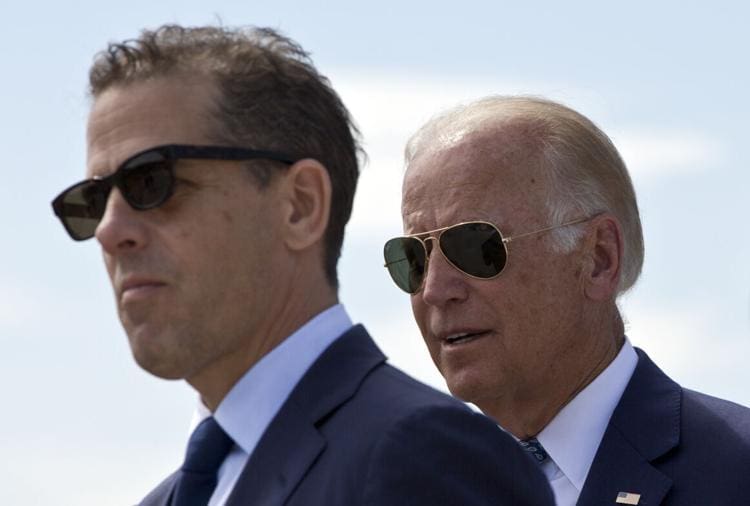I bought Sam a Big Mac. It was the least I could do after she’d spent the night looking after Lola.
“I had a bit of a panic attack,” she said, inhaling the burger. “I told myself to calm down. I checked all the doors.”
“Does the gun help?” I asked.
“I’m armed,” she replied. “Not invincible.”
Henry, on the other hand, was not armed. Not until the end of the night, when he sat in the truck and wrote a check with my name on it.
I had mixed feelings going into the deal. It wasn’t dread. But it wasn’t a million miles away from dread either.
I brought 50 Remington shells to the School and left all the other guns at home. Except for the ArmaLite. Which, I soon discovered, had rattled the $50 scope to death.
No biggie. I wanted to make sure Henry had a handle on the Benelli.
During the ride over, we’d discussed how he wanted to keep the gun. “Empty,” he said. “I want to keep it empty.”
I’d shown Henry how to fire the Benelli from empty before. Chamber open. Safety off. Throw in a shell. Slide the fore-end forwards. Point and shoot.
One shot. One chance to defend his family. Ballsy stuff, in a way. Foolhardy in others. But forearmed is forewarned. Once the SuperNova entered Henry’s universe, his world view would change. Preparing for the worst forces you to acknowledge that it exists.
It exists.
We practiced. I directed Henry to start the firing sequence with the black gun leaning against the plexiglass lane divider, as if it was leaning against the back of the gun safe.
He rushed it. His trigger discipline was non-existent. He forgot to cycle the gun. He looked back at me after shooting, instead of keeping his gaze downrange.
I motioned Henry out of the booth. I told him to walk up to the gun—rather than leaning over it like a swimmer poised over the pool, waiting for the coach’s whistle. But first, close your eyes and imagine a home defense scenario. Who, what, when and where. What are you going to do?
Henry knew what he might have to do. From this night forward, what he could do. Everything became smoother. Less flummoxing. More shooting.
Once again, I tried to convince Henry to keep the gun loaded. Sure, leave the chamber open. But load the magazine. Four shots.
When you get a bit more confident, when the Benelli’s presence is more of a fact and less of an issue, you can close the action on an empty chamber. Then train yourself to rack the gun before shooting.
“One shot,” he repeated.
“What if there are two of them?” I asked.
“What would you do if you heard this,” he said, holding his Benelli. “And saw that,” he said, pointing at the hole where the center of the target used to be.
Henry’s a Navy man. He’s been to war. He’s seen what men do—and don’t do—in combat. Surely he, of all people, understood that it ain’t over ’til it’s over. And maybe not even then.
I guess not. Not yet.
Fair enough. People can only take on so much information. An idea can ask for permission to come aboard, but the captain decides whether or not to allow it below decks. A captain is under no obligation to explain his reasoning to anyone other than a superior officer.
A clever quartermaster knows that a ship has to return to port, sooner or later. Unless, of course, it doesn’t. But that’s the risk you take every time a warship sets sail.
We didn’t say goodbye. Henry just walked into his house, carrying his new gun in its long green bag.
“I’m going to write up a post,” I told Sam. “Can you bring down my Smith?”
“Take my Sig.”
“Don’t let anyone touch your gun,” I admonished. “Someone touches it, you don’t know what they’ve done with it, what state it’s in. You put it in your holster, you know how you put it in. You know how it comes out.”
“That’s good advice for married men,” Sam said.
Point taken. None of us are invincible.




